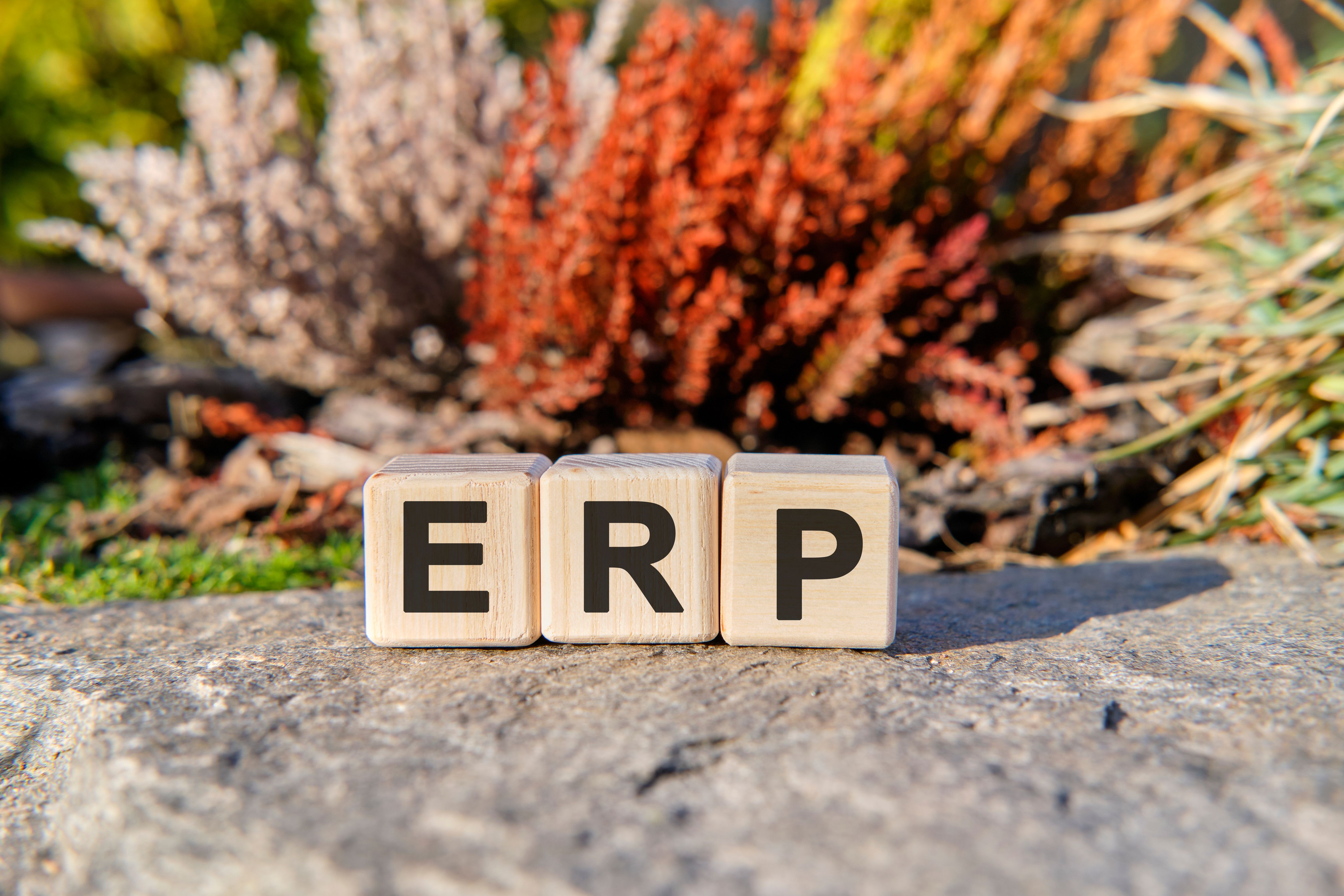Maximizing ERP Adoption and Minimizing Disruption During Rollouts
Understanding ERP Implementation Challenges
Implementing an Enterprise Resource Planning (ERP) system is a significant step for any organization looking to enhance efficiency. However, the process can be fraught with challenges. These include resistance to change, data migration issues, and ensuring user adoption. It's crucial to address these challenges head-on to ensure a smooth transition and minimize disruption.
A successful rollout hinges on understanding these potential obstacles and planning accordingly. By doing so, businesses can transform their operations and achieve a higher return on investment.

Engage Stakeholders Early
One of the key strategies to maximize ERP adoption is engaging stakeholders early in the process. This involves involving employees, managers, and other key personnel in planning and decision-making. When stakeholders feel included, they are more likely to support the new system and help drive its success.
Conducting regular meetings and workshops can help gather valuable insights and foster a sense of ownership among stakeholders. These interactions also serve as an opportunity to manage expectations and communicate the benefits of the new ERP system.
Comprehensive Training Programs
Training is a critical component in ensuring successful ERP adoption. Comprehensive training programs equip employees with the knowledge and skills needed to use the system effectively. It's important to tailor training sessions to different user groups, addressing their specific needs and responsibilities.
Consider using a mix of training methods, such as hands-on workshops, online courses, and interactive tutorials. This multi-faceted approach can accommodate different learning styles and enhance overall understanding.

Phased Implementation Approach
To minimize disruption during ERP rollouts, consider a phased implementation approach. This involves deploying the system in stages rather than all at once. By breaking down the implementation process, businesses can test each phase thoroughly, addressing any issues before moving on to the next stage.
This approach not only reduces risk but also allows for gradual adaptation by users, leading to more efficient system integration.
Effective Change Management Strategies
Change management is essential in overcoming resistance and ensuring a smooth transition. Implementing effective change management strategies helps in communicating the benefits of the new ERP system and alleviating concerns among employees.
Key tactics include regular updates on implementation progress, addressing feedback promptly, and recognizing employees who contribute positively to the adoption process. By fostering a culture of openness and support, businesses can significantly enhance ERP adoption rates.

Continuous Support and Feedback
After the initial rollout, continuous support is crucial to maintaining momentum. Providing ongoing technical support and resources ensures users have access to assistance when needed. Additionally, creating feedback loops allows organizations to gather insights for further improvements.
Regularly soliciting feedback from users can highlight areas where additional training or adjustments are required. This iterative approach helps maintain high user satisfaction and system performance over time.
Leverage ERP Analytics
Modern ERP systems come equipped with powerful analytics tools that can provide valuable insights into operations. Leveraging these tools can help organizations identify trends, optimize processes, and make informed decisions.
Encouraging users to engage with analytics features not only boosts adoption but also empowers employees by providing them with data-driven insights to enhance their roles.

Celebrate Milestones and Achievements
Finally, celebrating milestones and achievements during the ERP implementation process can boost morale and reinforce the value of the new system. Recognizing both individual and team contributions fosters a positive work environment and encourages continued engagement with the ERP system.
By acknowledging the hard work and dedication of everyone involved, businesses can build a culture of appreciation and motivation, ensuring long-term success with their ERP implementation.